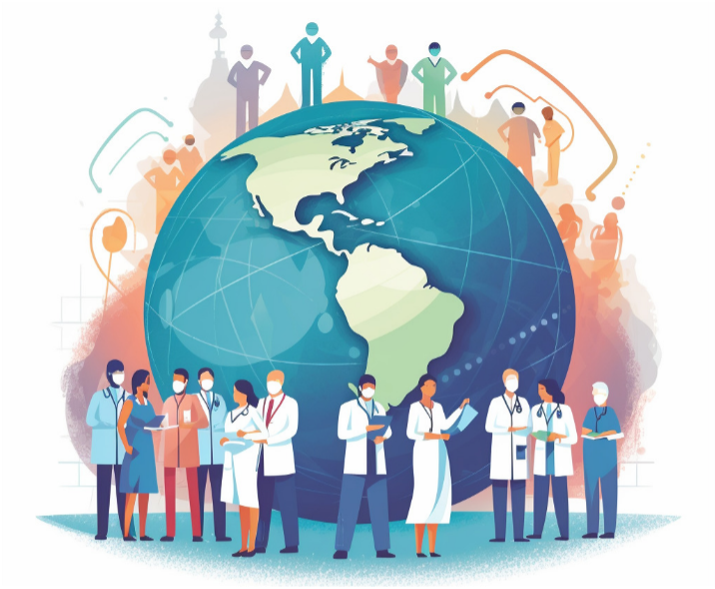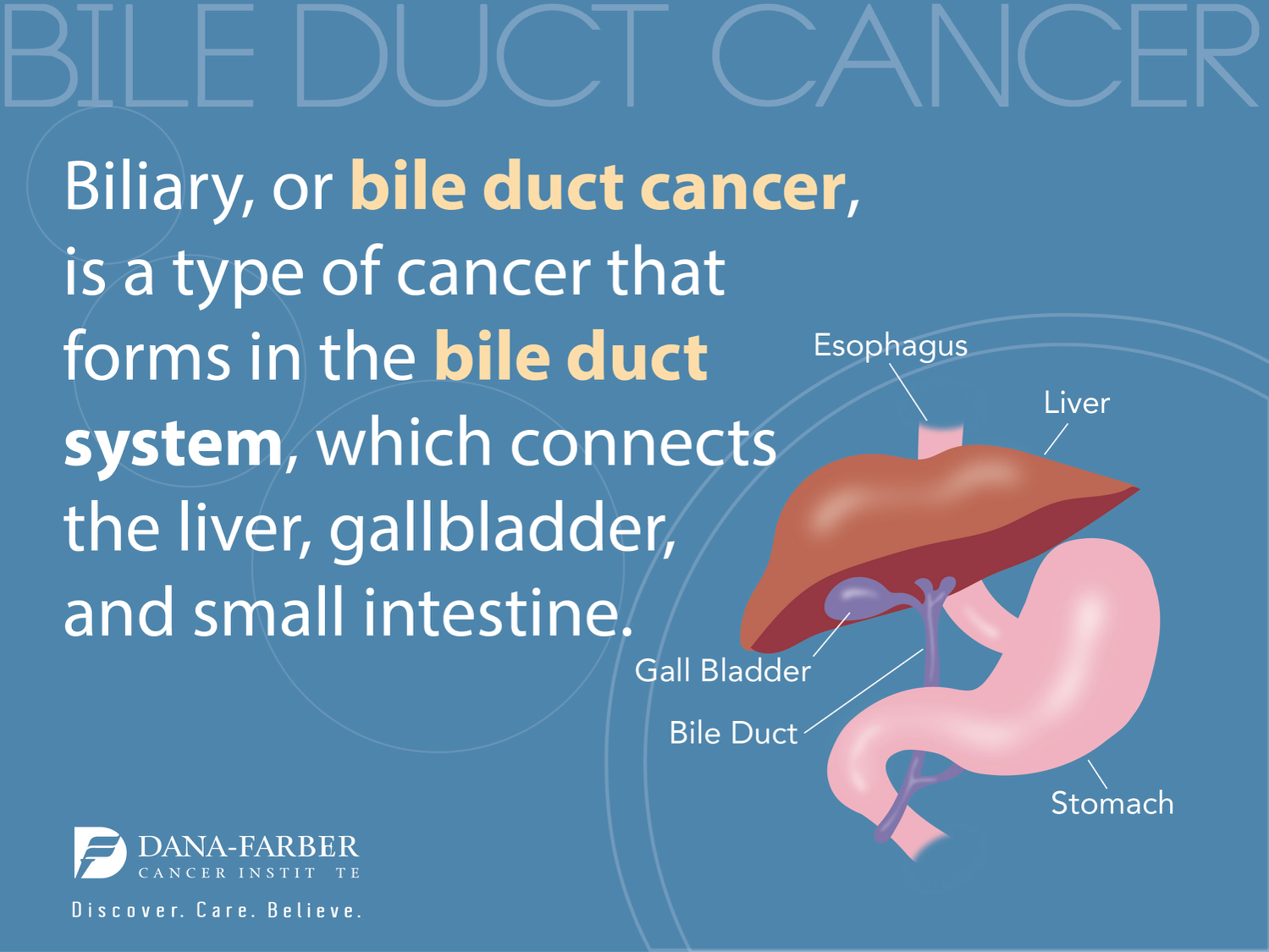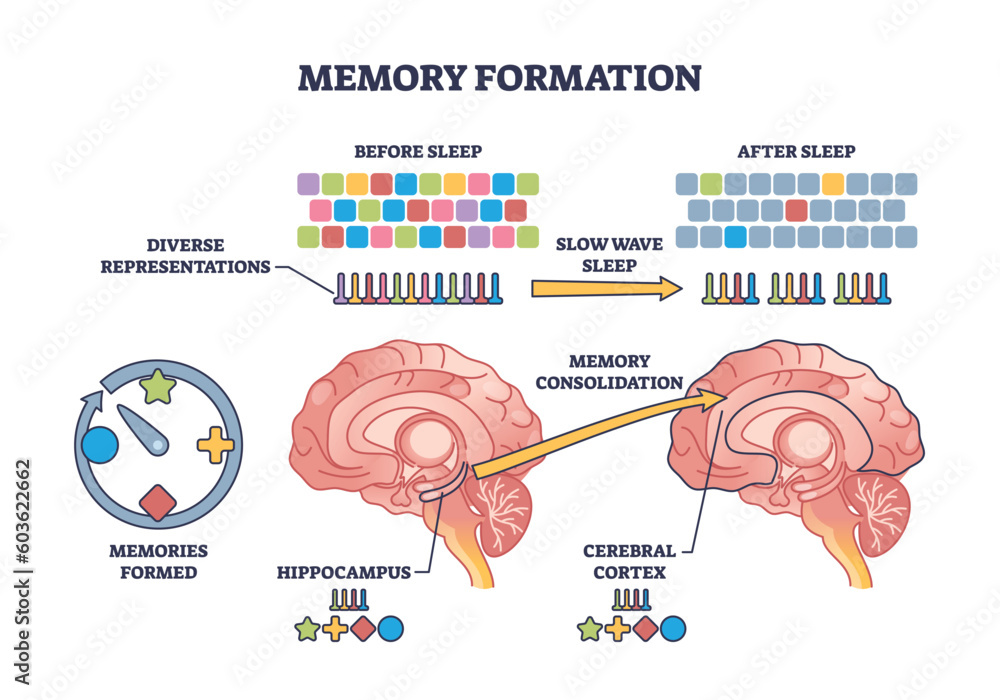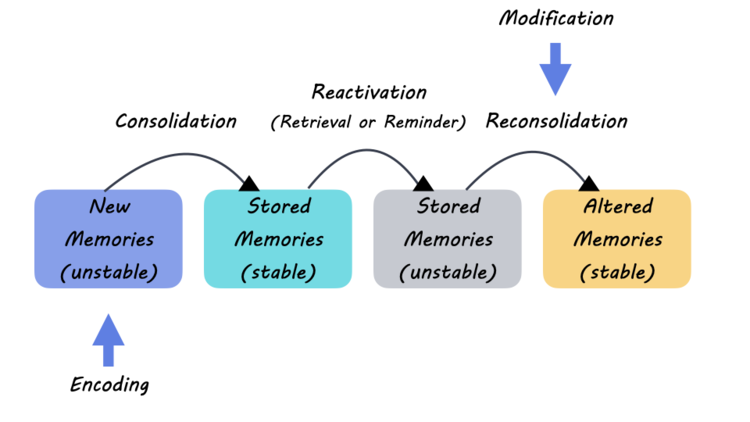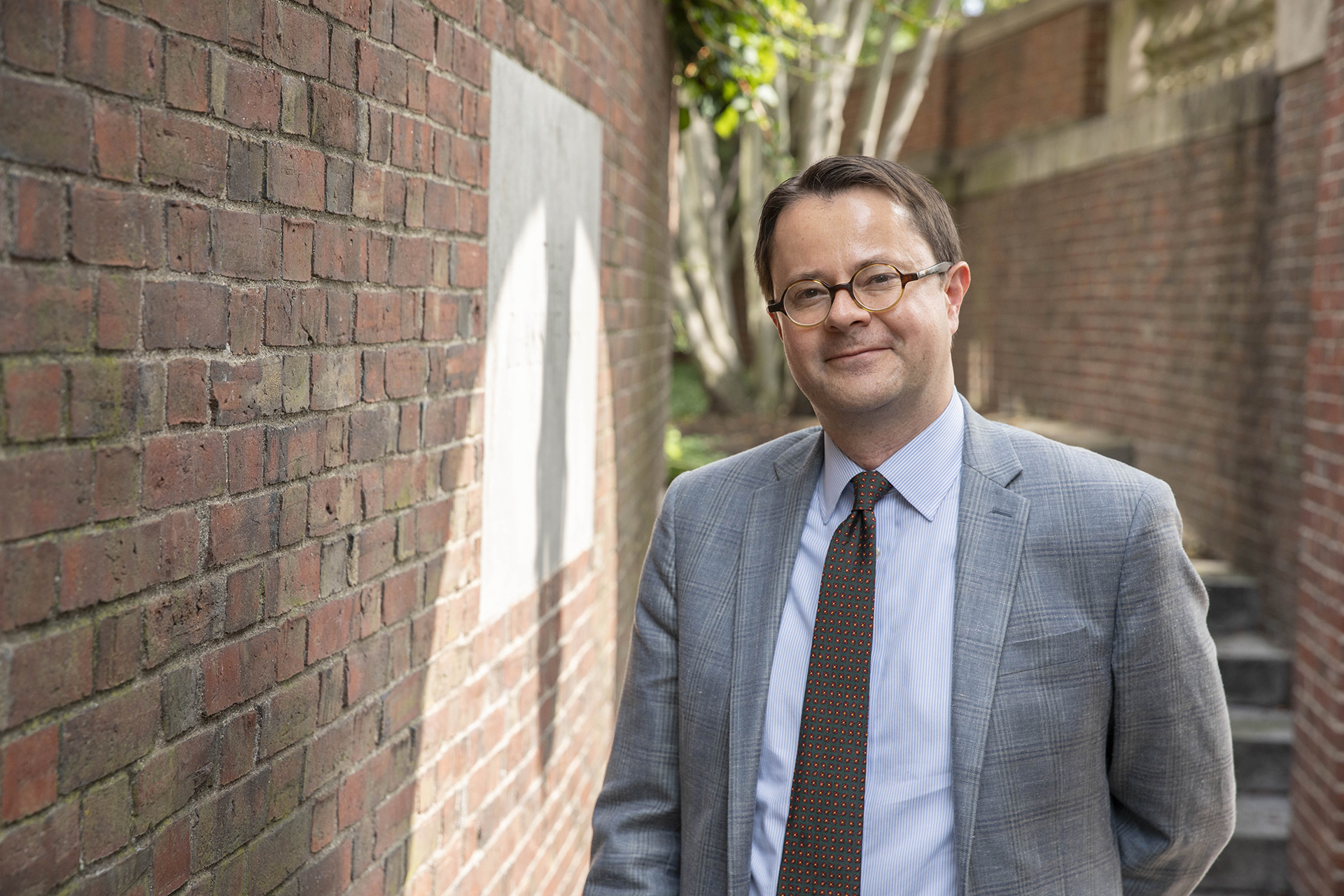Global health represents a critical frontier in understanding and addressing health issues that transcend borders. Atul Gawande, a prominent surgeon and author, has consistently emphasized the significance of global health leadership in enhancing healthcare programs and public health initiatives worldwide. His tenure at USAID showcased how resourceful strategies could effectively combat diseases like Ebola and improve maternal health outcomes for millions. However, in recent discussions, Gawande has warned of a gaping void in global health infrastructure following drastic changes in U.S. policy, which threaten the international efforts to maintain health standards. With an urgent call to action, he highlights that while the past cannot be restored, the commitment to fostering robust global health systems remains crucial for a healthier future.
The concept of international health extends beyond mere statistics; it encompasses the intricate dynamics of global wellness and preventive care. Leading voices within the field, like Atul Gawande, have played pivotal roles in shaping initiatives that bolster public health frameworks. Institutions such as USAID have historically been at the forefront of supporting dynamic healthcare solutions, tackling infectious diseases, and enhancing the quality of medical care across nations. As we navigate the challenges ahead, the emphasis on collaborative global health strategies will be essential in addressing health disparities and fostering resilience in healthcare systems worldwide. The importance of sustained commitment to health initiatives cannot be understated, as they are fundamental to mitigating health crises on a global scale.
The Impact of USAID’s Dismantling on Global Health Initiatives
Atul Gawande’s insights shed light on the catastrophic effects caused by the disbandment of the U.S. Agency for International Development (USAID). This strategic dismantling has halted many vital healthcare programs that significantly contribute to global health initiatives. With the reduction of personnel and loss of over 85% of its programs, the U.S. has effectively compromised its role as a leader in global health. The implications are profound, particularly for vulnerable populations worldwide who depend on U.S.-funded programs for access to essential healthcare services such as maternal and child health, HIV treatment, and outbreak surveillance.
Gawande emphasized that although the agency’s past capabilities cannot be restored, there remains an opportunity to revive the country’s health and science infrastructure. The call to action he presents to students and healthcare professionals is clear: commitment to science and public health initiatives must continue. The effectiveness of USAID in preventing disasters like Ebola outbreaks and reducing maternal mortality rates exemplifies the crucial role that well-structured healthcare programs play in improving life quality globally. Without a dedicated response, the health crisis could intensify, affecting millions.
The Future of Global Health Leadership Amid Challenges
In the conversation painted by Gawande, a more pressing concerns arise regarding the future of global health leadership. As the U.S. backs away from its traditional role in international development, other nations may rise to fill the void left by the absence of USAID’s robust healthcare initiatives. This changing geopolitical landscape necessitates a reevaluation of how global health coordination happens moving forward. Countries across Africa, Asia, and Europe are responding by stepping up to the challenge, presenting a shift in global power dynamics concerning public health leadership.
Moreover, the pressing need for innovation in healthcare delivery is paramount. Gawande’s remark about the importance of ‘follow-through’ reinforces the idea that technical assistance is critical. Achieving high vaccination rates or effective public health interventions does not happen in isolation; it requires consistent partnership and investment. While there may be uncertainty about the role of the U.S. in future global health efforts, it is equally essential for global health leaders – whether from emerging economies or established entities – to work collaboratively to tackle the upcoming public health challenges.
Restoring Trust in American Public Health Systems
As Atul Gawande pointed out, the dismantling of USAID’s infrastructure has profoundly damaged the trust in American public health systems. Many communities, both domestically and internationally, that relied on the U.S. as a beacon of health leadership now face uncertainties about their future healthcare access. What remains crucial is the commitment to rebuild these systems with transparency and a focus on evidence-based practices. Regaining the trust of the global community is vital now more than ever, particularly as public health programs navigate the aftermath of significant funding cuts.
Efforts to restore this trust must include open dialogues about the challenges faced by healthcare professionals and supporters across the nation. Engaging the public in discussions about science and healthcare can help promote understanding and collaboration towards sustainable solutions. For students and future healthcare leaders, the opportunity to step up and reestablish the United States as a global health innovator is an important task. By drawing on the lessons learned from Gawande’s tenure, aspiring leaders can drive forward the necessary reforms in public health initiatives, fostering resilience in an uncertain environment.
The Role of Science in Public Health Policy
Advancements in public health policy are heavily rooted in scientific research and innovation, a point repeatedly emphasized by Atul Gawande during his tenure at USAID. Scientific approaches inform the design of federal programs and underpin strategies aimed at combating health crises effectively. Gawande’s advocacy for science as the backbone of healthcare initiatives speaks to the need for policymakers to prioritize funding and support for scientific research. This approach ensures that health systems can not only respond but also preempt potential health threats.
Moreover, engagement with communities rooted in scientific knowledge is essential for fostering a culture of health literacy. Policymakers must work together with healthcare professionals and researchers to communicate the significance of scientific findings effectively. Through collaborative efforts, the aim should be to design healthcare programs that are not only effective but also widely accepted and adopted by communities. In this way, public health initiatives can have a lasting impact, promoting better health outcomes through informed decision-making.
Healthcare Programs: The Backbone of Global Health
The success of global health initiatives heavily relies on well-structured healthcare programs designed to address specific health issues, such as maternal health and infectious diseases. Atul Gawande highlighted how USAID’s commitment to organizing programs saved lives by providing crucial support for interventions aimed at preventing maternal mortality and treating diseases like HIV. These programs serve as lifelines for millions, underscoring their importance in the maintenance of public health worldwide.
Healthcare programs are not merely about providing immediate care; they embody a long-term vision for health equity. As countries face various health challenges, implementing targeted programs can lead to improved health metrics and reduced inequalities. It is imperative for emerging and established global health organizations alike to learn from prior frameworks and apply innovative solutions that address contemporary health problems. Sustainable healthcare programs can ensure that no community is left behind, reinforcing the global commitment to health for all.
Public Health Initiatives: Lessons from the Past
Reflecting on past public health initiatives, we can glean valuable lessons for future action in the wake of systemic changes within agencies like USAID. Gawande notes the effective response mechanisms established to tackle vital health crises exemplified through rapid interventions that significantly reduced outbreak response times. Public health initiatives that leveraged collaboration across various sectors proved essential in mobilizing resources and implementing measures that benefit public health efficiently.
Learning from successful interventions requires ongoing research and adaptation to emerging health needs. Public health initiatives must remain dynamic and responsive to the changes in both societal needs and health emergencies. Such adaptability ensures that crucial lessons are integrated into future health strategies, allowing healthcare professionals to refine approaches and enhance effectiveness. As we move forward, the integration of feedback and evidence from previous initiatives will be crucial in shaping successful public health frameworks.
Community Engagement as a Pillar of Global Health
Atul Gawande’s discussions about public health underscore the importance of community engagement in promoting global health initiatives. Successful health interventions rely not just on expert opinions but also on the active participation of community members. Engaging communities fosters ownership of health initiatives, ensuring that solutions are culturally sensitive and tailored to meet specific needs. By prioritizing community involvement, healthcare programs can attain higher acceptance rates and foster better health outcomes.
Additionally, incorporating local voices and knowledge into public health strategies allows for the identification of key barriers to accessing healthcare. Strategies such as focusing on education, awareness campaigns, and direct consultation with community members can lead to informed program designs that resonate with the population served. Ultimately, placing community engagement at the forefront of global health efforts enhances the effectiveness and sustainability of healthcare initiatives, ensuring robust public health systems capable of addressing future challenges.
The Importance of Innovation in Healthcare Solutions
Innovation in healthcare solutions is essential for adapting to the evolving landscape of global health. Gawande’s time at USAID showcases how novel interventions can dramatically improve health outcomes, including breakthrough approaches to managing maternal health challenges. As healthcare needs change and new diseases emerge, the health sector must embrace innovation and technology to bolster health delivery and accessibility.
Furthermore, collaboration among researchers, public health officials, and technology experts is necessary for fostering an ecosystem where innovative solutions can emerge. Investment in research and development, alongside partnerships with academic institutions and healthcare providers, can lead to new methodologies and treatments that significantly improve public health. By prioritizing innovation, the global health community can ensure resilient healthcare systems that meet the needs of diverse populations in the face of numerous public health challenges.
The Path Forward: Advocating for Global Health Resilience
Gawande ends his presentation with a heartfelt appeal for advocacy and resilience within global health. As communities face challenges exacerbated by cuts to funding and dismantling of key agencies like USAID, the call to action for health professionals and students is to rally for the restoration of health systems. Advocacy is a crucial element in ensuring that healthcare maintains its priority status in public policy discussions, especially with regard to funding and regulations.
Looking ahead, the necessity for strong voices advocating for global health cannot be overstated. Effective advocacy not only motivates policy changes but also creates awareness regarding the importance of consequential health programs. The education and engagement of future leaders in healthcare will play a pivotal role in shaping a more responsive and equitable global health landscape, ensuring that the lessons learned from the past contribute to a better future for all populations.
Frequently Asked Questions
What is the role of USAID in global health initiatives?
USAID plays a crucial role in global health initiatives by funding and implementing various healthcare programs aimed at improving health outcomes worldwide. With a focus on reducing maternal and child mortality, fighting diseases like HIV, tuberculosis, and malaria, and enhancing health system infrastructures, USAID has become a key player in advancing public health initiatives globally.
How has Atul Gawande contributed to global health leadership?
Atul Gawande significantly contributed to global health leadership during his tenure as the head of USAID’s Bureau for Global Health. His expertise in medicine and public health allowed him to oversee vital programs that streamlined emergency responses to outbreaks, improved maternal health, and enhanced disease surveillance. His work emphasizes the importance of sustained funding and technical assistance in achieving impactful health outcomes.
What challenges currently face global health leadership in the USA?
Current challenges facing global health leadership in the USA include the substantial reduction in funding and staffing at USAID and other health agencies, which has jeopardized critical healthcare programs. The dismantling of established initiatives has led to concerns about the U.S. maintaining its position as a leader in global health, as recent policies have stalled progress on many public health initiatives.
What are the key outcomes of USAID’s global health programs?
USAID’s global health programs have yielded key outcomes such as significant reductions in maternal and child mortality rates, with programs reaching millions of vulnerable populations. For instance, initiatives aimed at preventing and treating diseases like HIV and malaria have dramatically improved health outcomes, showcasing the importance of sustained funding and effective healthcare interventions in global health.
How does technical assistance enhance global health efforts?
Technical assistance enhances global health efforts by providing necessary support to improve healthcare delivery systems, boost vaccination rates, and ensure the effective implementation of health initiatives. As noted by Atul Gawande, this support is vital for transitioning from partial to full success in health programs, significantly impacting vaccination and treatment outcomes across various populations.
What can individuals do to support global health initiatives?
Individuals can support global health initiatives by advocating for policies that prioritize health funding, engaging with community health programs, volunteering in public health campaigns, and raising awareness about health issues. By staying informed and involved, individuals can contribute to the ongoing efforts to improve global health and enhance healthcare systems worldwide.
What future trends are expected in global health?
Future trends in global health may involve a greater emphasis on innovative healthcare solutions, increased collaboration between nations to combat global health challenges, and a shift in leadership roles as emerging countries take charge. Advancements in technology and data analytics are also expected to enhance health surveillance and response strategies on a global scale.
| Key Points | Details |
|---|---|
| Atul Gawande’s Insights | Speaks about the ‘devastating’ impact of the dismantled USAID programs on global health and advocates for the importance of science and medicine. |
| USAID’s Contributions | USAID previously created a 50-country network for rapid disease surveillance, altered emergency response times, and significantly improved health outcomes for millions. |
| Recent Changes | Under Biden, the agency was gutted, resulting in significant staffing and program cuts that pose threats to existing global health initiatives. |
| Call to Action | Gawande stresses the need for continued investment in health and science despite challenges, urging the next generation to stay engaged. |
Summary
Global Health is currently facing unprecedented challenges due to the cuts to USAID and other federal health programs that have seriously impacted the U.S. leadership role in international health initiatives. Atul Gawande emphasizes the necessity of restoring faith in scientific integrity and infrastructure, indicating that while immediate adversities exist, it is vital to remain committed to advancing health solutions worldwide. The future of global health relies on the expertise and passion of upcoming professionals who will ensure that progress continues, despite governmental setbacks.

